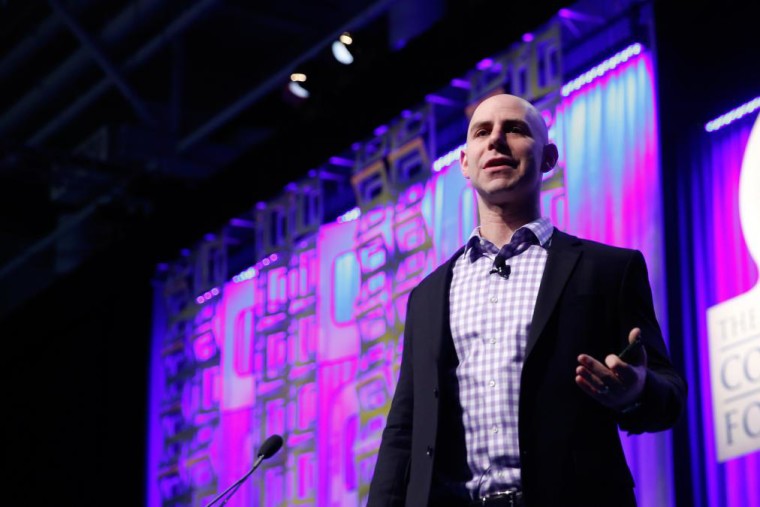Adam Grant is among the most popular professors in America. He has successfully navigated the transition from scholar to one who makes scholarship popular. Given his success and other books that I have been reading lately, I was interested in his latest book, Originals: How Non-Conformists Move the World. Unfortunately, I was quite disappointed. In today’s post, I will share a review of Adam Grant’s Originals and where I believe the book fell short.

Grant’s goal in the book was to explain how people come to champion original ideas. Specifically, what makes people support novel ideas, think outside the box, and embrace risk taking.
Given his expertise as an organizational psychologist with the Wharton School, Grant certainly has the expertise to tackle the topic.
Yet, the book fails to deliver on this promise.
The book is neither original nor cutting edge. Instead, it follows a long line of books seeking to build on Malcolm Gladwell’s success in translating social science for popular audiences.
I don’t expect books for broad audiences to fully explain the methodology and data sources for studies that are cited.
In many places, however, Grant’s discussion demands more support and explanation than is provided.
The result is that much of the discussion is not in enough depth to be meaningful to the reader.
Originals uses a variety of studies, most from psychology, to support the ideas presented. Simply providing 2-3 sentences about a study does not provide enough information to buttress the underlying argument.
Without better support for the argument, the book largely reads as a series of interesting notions without central themes to hold it together.
This last point is perhaps my biggest critique of the book. The narrative lacks flow and points are disjointed from one another.
I was listening to the audio book version so this may be exacerbated by the format, but I found the book had few central themes that could keep the reader engaged.
Rather, it seemed Grant was instead finding successful people and using the benefit of hindsight to argue how they were original.
This is too easy. Where are the counterpoints? What other explanations might exist?
Grant’s narrative simply wasn’t convincing.
For example, I found his discussion of procrastination to be particularly unconvincing and wrong.
The basic point that he tries to make is that thinking about an idea for a while is preferable for original thinking than quickly jumping to a conclusion. This makes intuitive sense.
However, he equates this period of thinking as procrastination. While this could be the case, I would argue that most procrastination doesn’t include active consideration of an idea.
He further suggests that Martin Luther King’s I Have a Dream speech can be attributed to procrastination. King wrote much of the speech the night before. Grant argues that by writing it the night before that he wasn’t wedded to the text and thus open to the improvisation of describing his dream for the future (which wasn’t in the original text).
Grant’s notion here, like much of the book, left me wanting more. Did King ever suggest this was true? Did anyone in his inner circle? Did King often procrastinate? Was this a deliberate strategy?
I could make an equally compelling case that improvisation is a hallmark of preachers and thus this background was more a factor than writing the speech at the last minute.
In the end, this is where my review of Adam Grant’s Originals falls short. He is a gifted scholar and popular professor, but his book falls to use his research expertise. He forgets the basic tenets of academic writing: have an argument, support it well, and guide the reader through the conclusions.
Rather than Originals, I would suggest you read Where Good Ideas Come From: The Natural History of Innovation which I found more provocative and compelling around the notion of encouraging innovative thinking.

